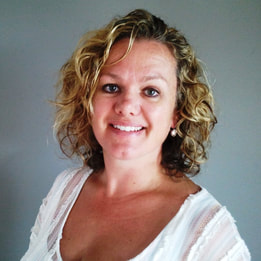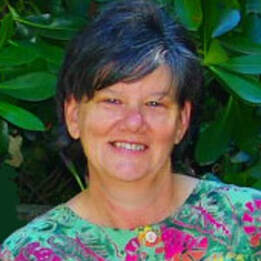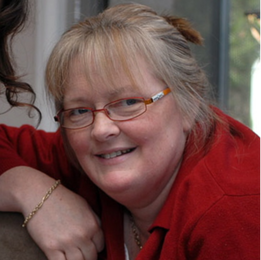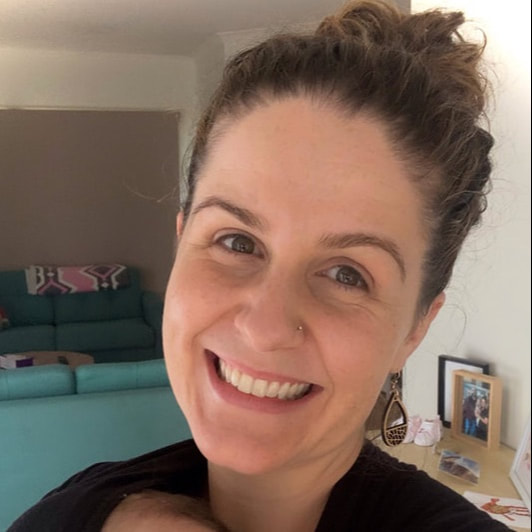Midwives in Private Practice - MiPPs
Midwives choosing to work privately, rather than being employed by hospitals and other institutions, do so because it allows them to be flexible about the care they provide. That is, the care offered will be in partnership, directed primarily by the wishes of the women and their families.
The private practitioner midwife is able to provide continuity of care to the families who have chosen to use her services. During the pregnancy, the woman and her family develop a friendly supportive relationship with their midwife (in some cases eg homebirth, the care is shared by two midwives). On the day the baby is born the midwife remains with the woman throughout the entire labour. There are no shift changes that require the midwife to leave. During the first week of the baby's life the same midwife visits each day until the baby has settled into a feeding pattern and the parents feel confident in caring for their new baby.
Some midwives in private practice choose to work in specific areas. For example, some may offer postnatal care, or advice with difficult breastfeeding problems (Lactation Consultants) or Maternal and Child Health (M&CHN). In addition, some midwives are skilled and have qualifications in complementary areas such as acupuncture, counselling, naturopathy, chiropractic, massage or homeopathy.
The range of services provided:
The private practitioner midwife is able to provide continuity of care to the families who have chosen to use her services. During the pregnancy, the woman and her family develop a friendly supportive relationship with their midwife (in some cases eg homebirth, the care is shared by two midwives). On the day the baby is born the midwife remains with the woman throughout the entire labour. There are no shift changes that require the midwife to leave. During the first week of the baby's life the same midwife visits each day until the baby has settled into a feeding pattern and the parents feel confident in caring for their new baby.
Some midwives in private practice choose to work in specific areas. For example, some may offer postnatal care, or advice with difficult breastfeeding problems (Lactation Consultants) or Maternal and Child Health (M&CHN). In addition, some midwives are skilled and have qualifications in complementary areas such as acupuncture, counselling, naturopathy, chiropractic, massage or homeopathy.
The range of services provided:
- Pre-pregnancy advice
- Advice about birth options
- Childbirth education classes
- Sibling preparation classes
- Continuous midwifery care during pregnancy
- Preparation for and attendance at births in an appropriate environment of the parents' choice
- Postnatal care following birth at home, birth centre or hospital
- Separate postnatal care for women who want private midwifery care for this period only or who are discharged home early from hospital
- Lactation consultancy
- Acupuncture and Chiropractic
- Referral to and advice about other health professionals such as medical and natural health practitioners, eg obstetricians, paediatricians, GPs, chiropractors, osteopaths, naturopaths, homeopaths
- Some midwives have a special interest and expertise in supporting women in special areas such as vaginal birth after caesarean section (VBAC), breech births, water births and postnatal depression.


























